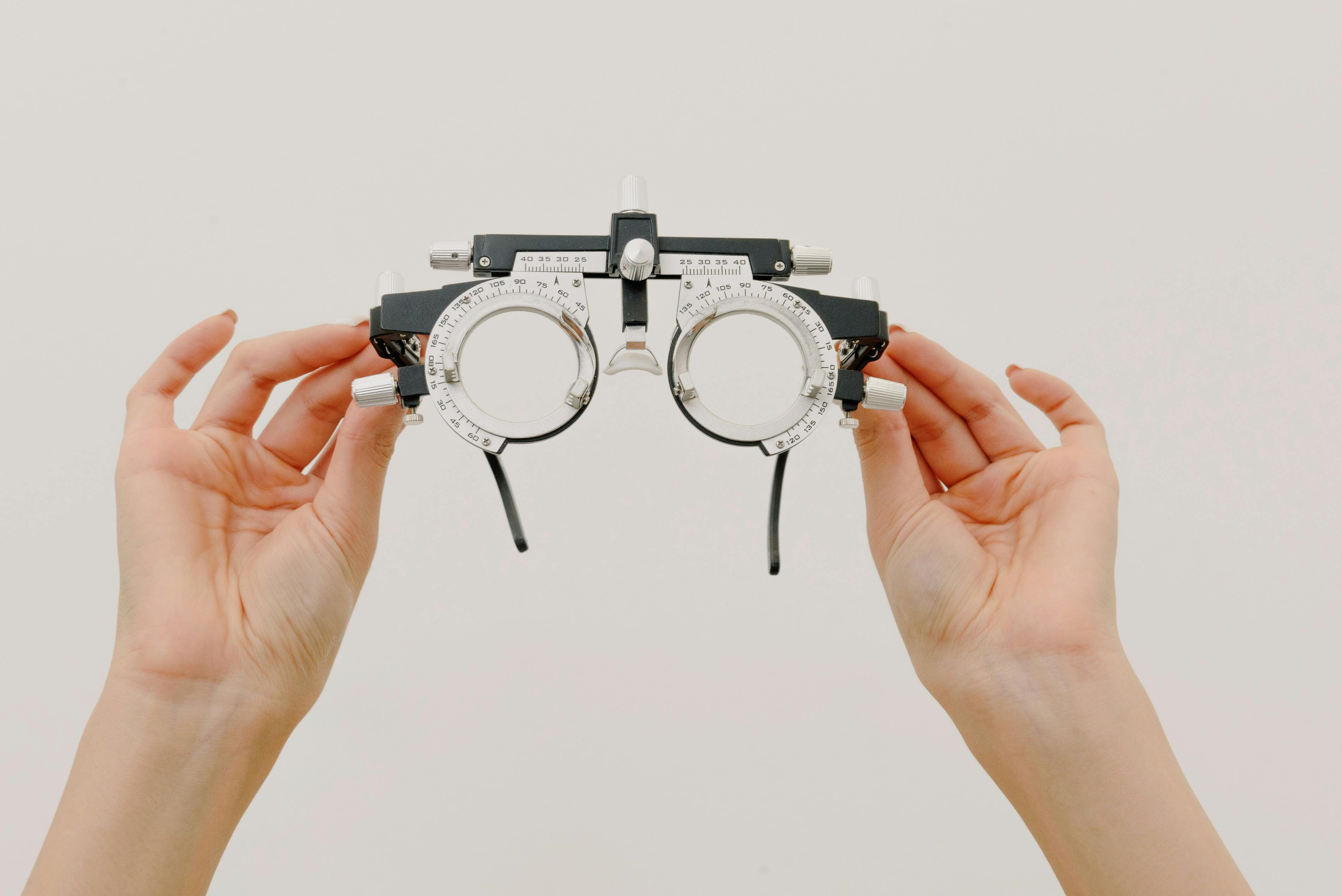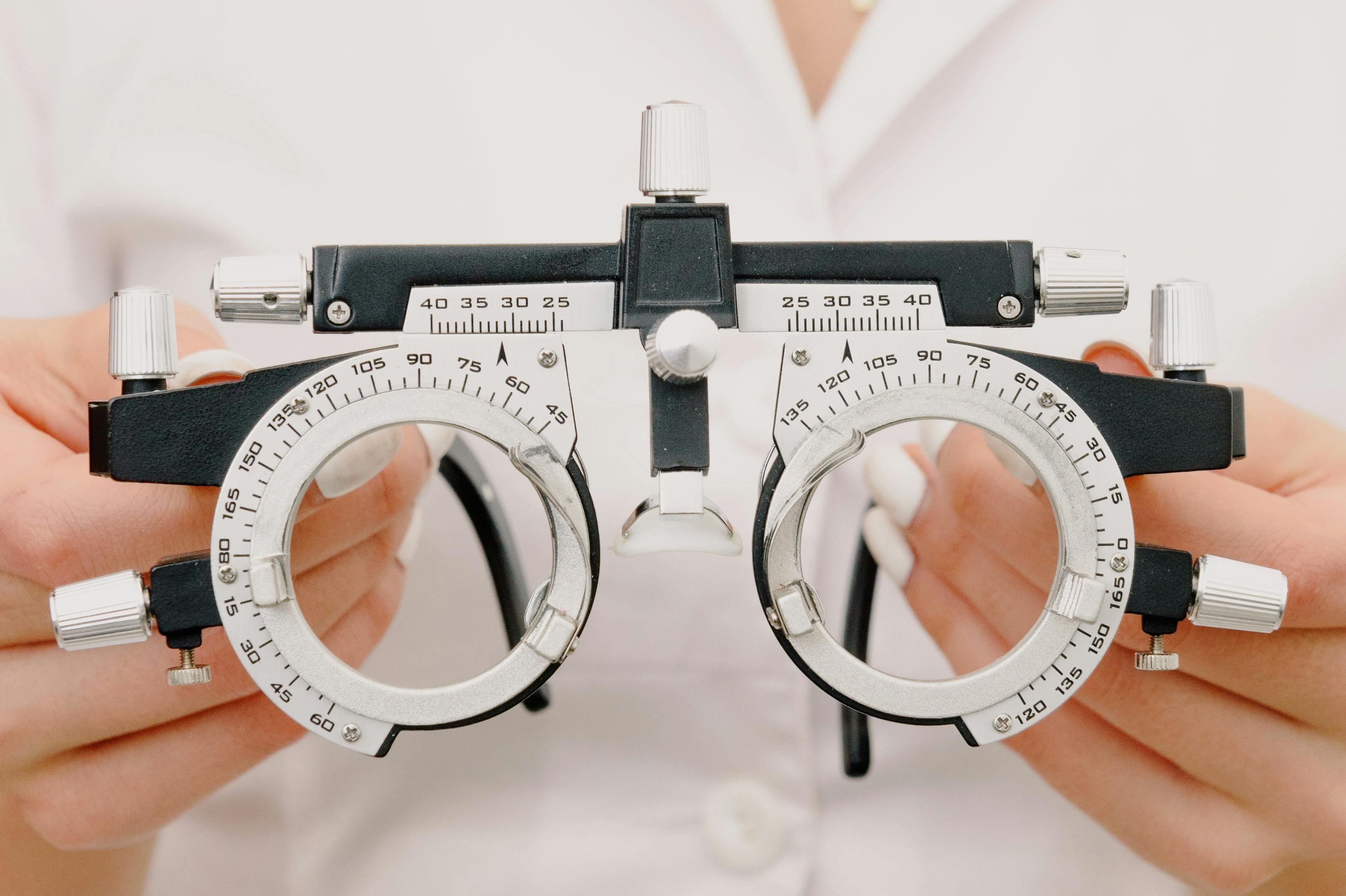Obesity affects millions of Americans. Each year, the number of people who have been diagnosed with obesity increases. Obesity isn't just a physical condition, though. It can also affect the eyesight of an individual if they're not careful about their diet and exercise habits.
Vision loss due to obesity can range from mild to severe
There are three levels of vision loss due to obesity: mild, moderate and severe.
- Mild vision loss does not require treatment as it does not affect your ability to perform everyday tasks. You may have trouble seeing distant objects or reading smaller print in dim light, but this can usually be managed with glasses or contact lenses.
- Moderate vision loss requires immediate treatment as it affects your ability to complete daily activities without assistance from others (such as driving). Your doctor may recommend surgery if the condition becomes acute enough that it interferes with your daily routine; however, there are other options available before resorting to surgery such as medications like eye drops and oral medications which work by increasing blood flow around the retina so they can get nutrients more efficiently while reducing swelling around them at night when they're sleeping so they don't wake up feeling tired all day long because their eyes feel swollen shut due to fluid buildup inside.
Eating healthy foods, maintaining a proper weight, and exercising regularly can help manage vision loss
A healthy diet and lifestyle can help you maintain your vision. Eating a balanced diet, drinking plenty of water, and exercising regularly are all important for maintaining good health.
Exercising regularly can also help prevent obesity-related eye diseases such as glaucoma and diabetic retinopathy.
The most common cause of vision loss from obesity is diabetic retinopathy
Diabetes is a disease that causes the body to have high blood sugar levels. It can damage many parts of your body, including your eyes. The most common cause of vision loss from obesity is diabetic retinopathy, which affects about one in four people with diabetes.
Diabetic retinopathy occurs when blood vessels in the retina become damaged or blocked by hard deposits called new blood vessel growth on the surface of the retina (neovascularization). This leads to bleeding and swelling behind the eye (retinal detachment), which can cause permanent vision loss if not treated early enough. Diabetic retinopathy often progresses without symptoms until it reaches an advanced stage, so it's important for people with diabetes who are at risk for this condition to get regular dilated eye exams by an ophthalmologist who specializes in diabetic eye disease every year or two after age 40; more often if any signs of early diabetic retinopathy appear during an exam; more frequently if you're over 60 years old; and even more often if you have other risk factors such as smoking or high blood pressure.
Glaucoma and eye strokes are also associated with obesity
Glaucoma is a condition that damages the optic nerve, which connects your eyes to your brain. The damage causes vision loss and can lead to blindness if not treated quickly.
Eye strokes are caused by bleeding in the brain, usually from high blood pressure or diabetes. They're more common in people who are overweight or obese because they have higher rates of both conditions than normal weight individuals do.
Obesity causes inflammation, which impacts the arteries that bring blood to the eyes
If you're obese, the inflammation can affect the arteries that bring blood to your eyes. Inflammation is caused by fat deposits and other substances in your body. This can lead to blocked arteries that may cause vision loss or damage to other parts of your body like kidneys and heart. Obesity also increases risk for high blood pressure, which is another risk factor for eye disease because it damages both eyes. High blood pressure causes fluid buildup between layers inside an eye lens, a condition called cataracts and increases risk for glaucoma.
Your eyesight can be affected by obesity
Your eyesight can be affected by obesity. The most common cause of vision loss from obesity is diabetic retinopathy, a condition that affects the blood vessels in your retina (the tissue at the back of your eye). This can lead to a number of complications, including macular edema and retinal hemorrhage.
Other causes include glaucoma, which increases pressure on the optic nerve; and eye strokes caused by high blood pressure or atherosclerosis (hardening of arteries), both risk factors for heart disease and stroke.
Conclusion
To sum up, obesity can cause a variety of vision problems including glaucoma and macular degeneration. These conditions are treatable with laser surgery or medications, so it’s important to seek treatment as soon as possible. If you have diabetes, be sure to watch out for signs of retinopathy (such as floaters or blurry vision) that may indicate eye damage could be developing if left untreated. And remember: prevention is the best cure!










